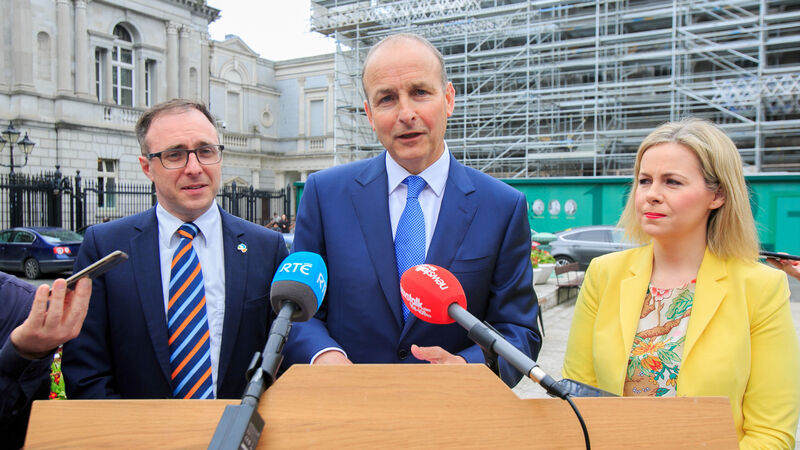Terry Prone: Nine golden rules to follow when you are in Robert Troy’s position

Those of you with political ambitions, listen up. Let’s say you’re looking at the possibility of becoming a politician, with a view to eventually becoming a full minister or a minister of State. Or even revolving Taoiseach or Tánaiste. You come to me asking about communications and branding.
And I will tell you you need to prepare for the day when things go badly wrong.















